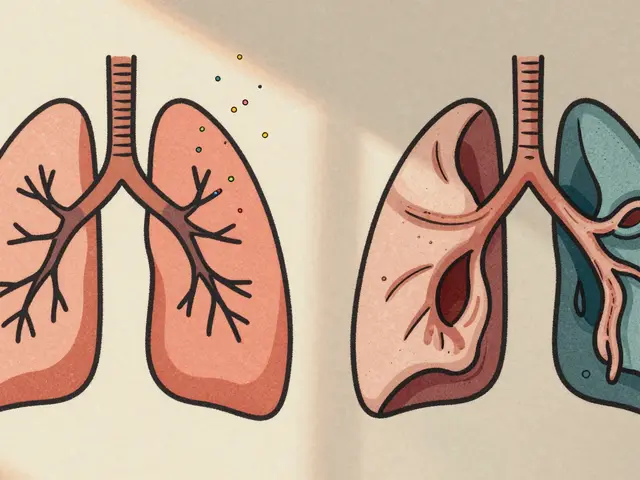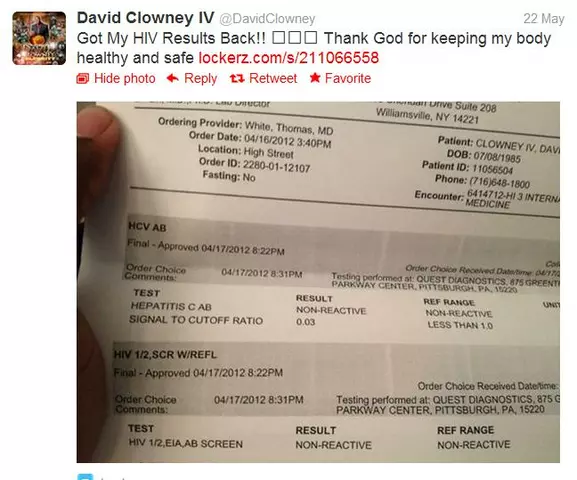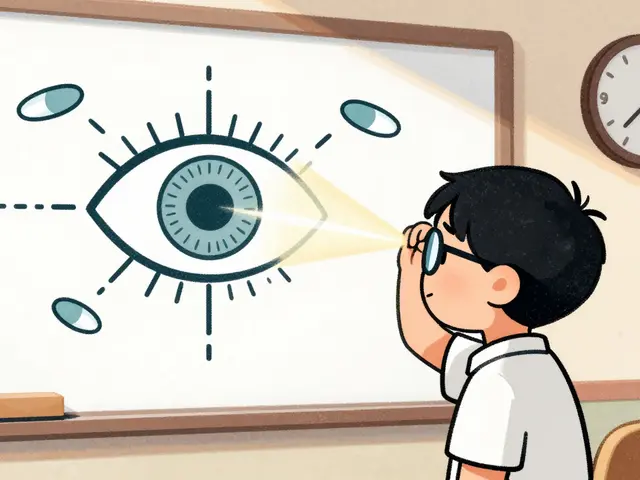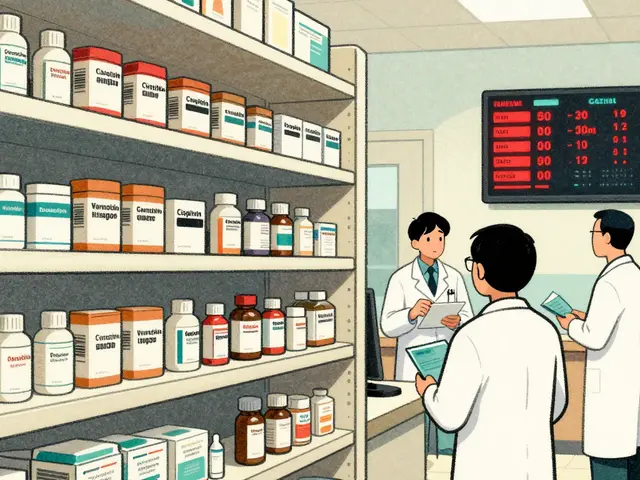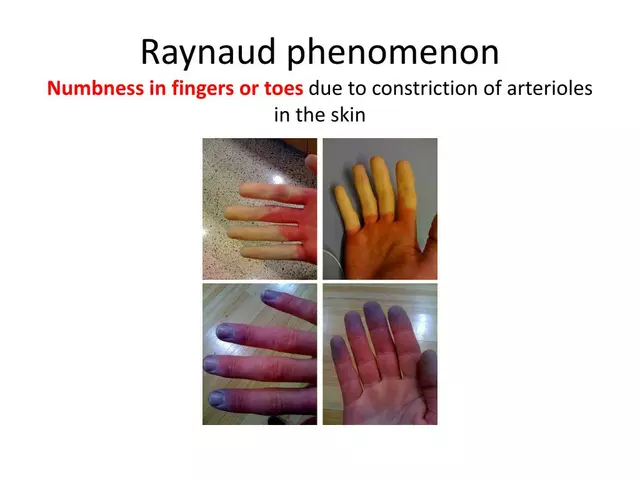Depression alternatives: practical options if your current treatment isn’t working
Feeling stuck on one antidepressant or worried about side effects? You’ve got options. Whether you want a different medication, therapy, lifestyle changes, or clinic-based treatments, this guide lays out clear choices you can discuss with your prescriber.
Medication options to ask your doctor about
If an SSRI like escitalopram isn’t helping, switching to another class can make a big difference. SNRIs (venlafaxine, duloxetine) target both serotonin and norepinephrine. Bupropion helps energy and motivation and rarely causes sexual side effects. Mirtazapine can help with sleep and appetite. Older tricyclics or MAOIs are effective for some people but need closer monitoring.
Newer clinic treatments include ketamine or esketamine for treatment‑resistant depression; these are given under medical supervision. Repetitive transcranial magnetic stimulation (TMS) is a noninvasive option for people who didn’t respond to pills. Electroconvulsive therapy (ECT) remains a fast and reliable choice for severe or life‑threatening depression.
Important safety note: never stop or switch antidepressants on your own. Some drugs need slow tapering to avoid withdrawal and serious interactions—especially MAOIs and St. John’s wort. If you read about ordering medications online (for example, Trimipramine), treat that carefully: buy only from verified pharmacies and follow your prescriber’s plan.
Therapy, habits, and supplements that actually help
Therapy is often as effective as medication for mild to moderate depression and adds long-term benefit when combined with drugs. Cognitive Behavioral Therapy (CBT) and interpersonal therapy are common and well-studied. Behavioral activation—planning small rewarding activities—works fast for low mood.
Simple daily habits matter: aim for 30 minutes of moderate exercise most days, keep a regular sleep schedule, cut back on alcohol, and keep social contact—even short walks with a friend. A Mediterranean-style diet (vegetables, fish, whole grains) supports mood for many people.
Some supplements can help a bit: omega‑3s (EPA‑heavy formulas) and vitamin D when levels are low have evidence for modest benefit. SAMe and L‑methylfolate help in certain cases but talk to your doctor first—they interact with prescriptions.
Practical next steps: keep a symptom log, share it with your clinician, and set a clear trial period (usually 6–8 weeks) before judging a treatment. If thoughts of harming yourself appear, seek emergency care or call emergency services right away. Changing treatment is normal—finding what fits you may take time, but safer, effective alternatives exist.

- Apr 24, 2025
- Posted by Cillian Osterfield
Natural Mood-Boosting Supplements: Science-Backed Options for Lifting Your Spirits
Looking for ways to feel better naturally? This article covers three proven mood-boosting supplements: SAM-e, rhodiola rosea, and omega-3 fatty acids. It breaks down the latest science, explains how each one works, and shares practical tips for safe use. Whether you’re new to supplements or curious about natural options similar to prescription medications, you’ll find real facts and useful advice here. Discover which supplement might fit your needs—without any hype or guesswork.
Categories
- Health and Wellness (72)
- Medications (69)
- Health and Medicine (28)
- Pharmacy Services (12)
- Mental Health (9)
- Health and Career (2)
- Medical Research (2)
- Business and Finance (2)
- Health Information (2)
Latest Posts
©2026 heydoctor.su. All rights reserved

